Book review: Mortician Diaries by June Knights Nadle

Mortician Diaries: The Dead-Honest Truth from a Life Spent with Death
I just read a small but really powerful book, a memoir and case studies of a woman's life as a mortician. It was truly moving and I posted this review on Amazon. I recommend it for people looking for something not so much lighthearted but insightful to read, and anyone interested in the topic of death (but I swear the book is life-affirming). Also it's short (it's actually only 135 pages, I believe, not 212), so is good for those of us with little time to indulge in books (though I always make time, even when things are nuts, as they have been recently). Perhaps I'll try to interview her, though I'm trying to curb that "loved book, must interview author" impulse because I just have to get on the ball a little, but I think she'd have some interesting things to say.
You might not expect a memoir by an eighty-year-old woman to deal with topics such as gang warfare, AIDS, racism, unplanned pregnancies, and feminism, but this one does. You also might not expect a book called Mortician Diaries to be anything but morbid, but Nadle possesses the gift of bringing her over 50-year-long career as a mortician and her lust for life to the page. She's the kind of woman who visits cemeteries when she travels, to see how different cultures treat the dead. She uses phrases like "death care industry" and urges readers to create a "dialogue on death," but never lapses into a cold, analytical account. Every page is bursting with humanity, with people who are learning how to grieve in their own way. This book is as much about psychology as it is about death.
June Nadle's Mortician's Diaries offer a rare, heartfelt, and wonderfully honest insight into the "highlights" of the career of a lifelong mortician, capturing some of the most emotionally intense and interesting stories from her years working with death. The grandmotherly Nadle doesn't shy away from the subject, and encourages her readers to openly confront and discuss death, not in an obsessive, morbid way, but to gain closure and be as prepared as possible when the time comes, even though sometimes death catches us anawares. She offers case studies, such as an elderly woman who planned every detail of her own funeral to the story of a mother clinging to her newly-dead baby, unable to accept his death despite the blood soaking his tiny body, until Nadle speaks to her mother to mother and allows her to see that her older children also need her to be present for them. Nadle does not judge her clients, but offers psychological insights into why denial rears its head and how natural it is. In "The Mother Who Risked Her Life to Grieve," Nadle tells of one service, after a gang-related drive-by shooting, that's interrupted by bullets, and the following day the trip to the ceremony is made along with patrol cars flanking the mourners.
Her case studies are fascinating, and showcase a wide swath of humanity, across cultures and relationships. Friends, lovers, husbands, wives, parents, and children mourn for those they've lost as well as grapple with their sometimes conflicted relationships with the deceased. Nadle allows each of them to work their way toward mourning rather than pushing a socially-approved agenda or timeline onto them. She handles each one with dignity and compassion, and clearly attempts to understand the often-painful mix of emotions the bereaved feel.
As someone who's always tried to escape talking about death, especially when it comes to my most loved ones, I welcomed Nadle's approach. She has seen deaths of humans and animals, often under horrific, or simply human, circumstances, and offers a brief glimpse into her wisdom and, most of all, her heart. By reading of the many who did not appreciate their loved ones during life, whether the parents who shunned their gay sons who later died of AIDS, or the father who berated his little girl for, well, not being a boy, only regretting this when she was killed by a passing car at age four, to the father who sent his 17-year-old pregnant daughter away and made her feel ashamed, one gains an appreciation for one's own family. Nadle reminds us that it's not just life versus death, but about the quality of one's life that matters. She writes: "As humans, we have the unique ability to pause, to reflect, to acknowledge life, and to be reminded of our own mortal natures. In addition to our grief, death brings us the opportunity to reassess our own lives as well as our relationships so we can vow (maybe again) to make changes we see are needed." She offers various examples of how funerals can be conducted and the value they provided to the surviving family and friends.
Though this book will most likely bring tears to your eyes, it's not solemn or overly sad, but instead is about, as she would have it, a celebration of life and all that's in it.














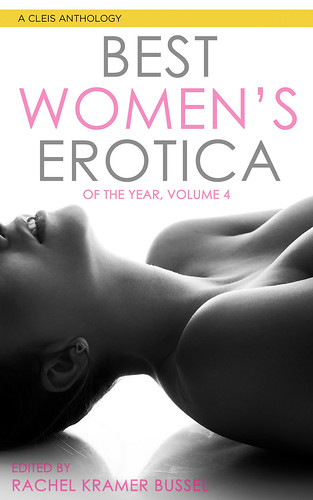






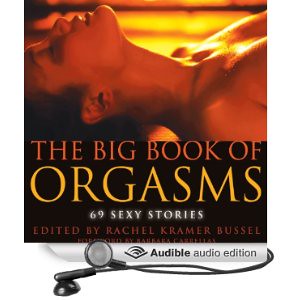

 The Big Book of Submission: 69 Kinky Tales
The Big Book of Submission: 69 Kinky Tales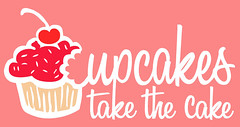
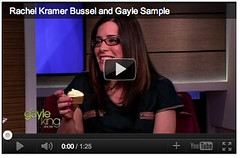

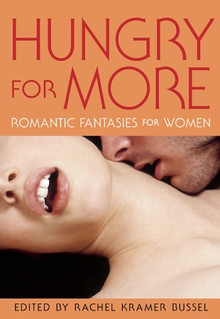
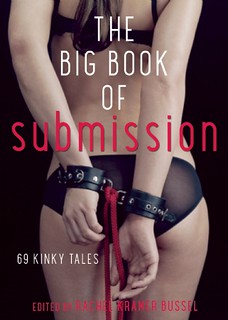
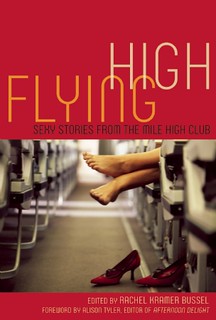 Flying High: Sexy Stories from the Mile High Club
Flying High: Sexy Stories from the Mile High Club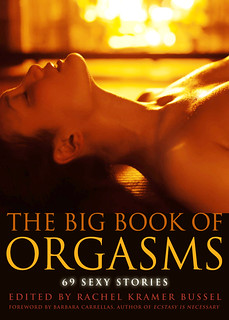
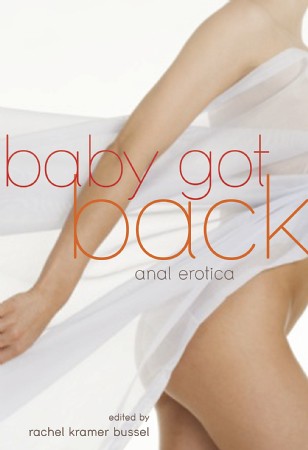

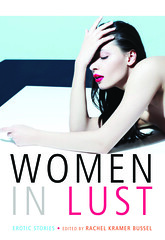






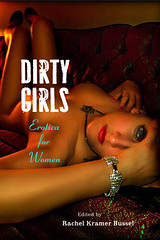






0 Comments:
Post a Comment
<< Home